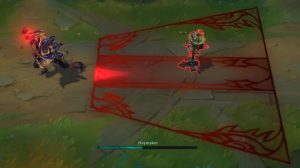英语中的东南方东南用法要点
1. 其前通常加 the;表现在某个方位,通常介词 in。如:
He lives in the south (north). 他住在南(北)方。
The sun rises in the east and sets in the west. 太阳从东边升起,从东方落下。
【注】偶尔也不必冠词(尤其是表现纯方位或举行反义比力时)。如:
I’m lost; which direction is south? 我迷路了,哪边是南?
South is opposite north on a compass. 罗盘上南与北相对。
East or west, home is best. 东好西好不如本人的家好。
2. 表现“在……的东(南,西,北)”,通常应依据情况选用不同介词in(表现在范围之内),to(表现在范围之外),on(表现毗连)。如:
China is in the east of Asia. 中国位于亚洲的东部。
Mexico is to the south of the U. S. A. 墨西哥在美国以南。
China faces the Pacific on the east. 中国东临宁静洋
3. 用作副词,其前不必介词,但偶尔自后可接介词短语。如:
The room faces east, so we get the morning sun. 这房间朝东,以是我们上午能照到太阳。
The village lies east of the woods. 乡村位于树林东面。
比力:The village lies to the east of the woods.
有的词书把 east of 之类的布局当作安稳短语对待,将其用作表语、状语或后置定语等。如:
Is the Atlantic Ocean east or west of the United States?大西洋是在美国的东面照旧西面?
The Smiths live (five miles) southeast of the town. 史密斯一家住在城镇东面(五英里的场合)。
4. 汉语中说“东南方东南”或“东东北北”,但在英语中却要说成north, south, east and west(北南东西) 或 north, east, south andwest(北东南方西),也有人说 north, east, west and south(北东东北),该说法中各词的第一个字母合起来是 news(消息)。
【注】以下各表达中,其方位习气与汉语完全相反:northeast(东北边),southeast(东南方),northwest(东南),southwest(东北)













